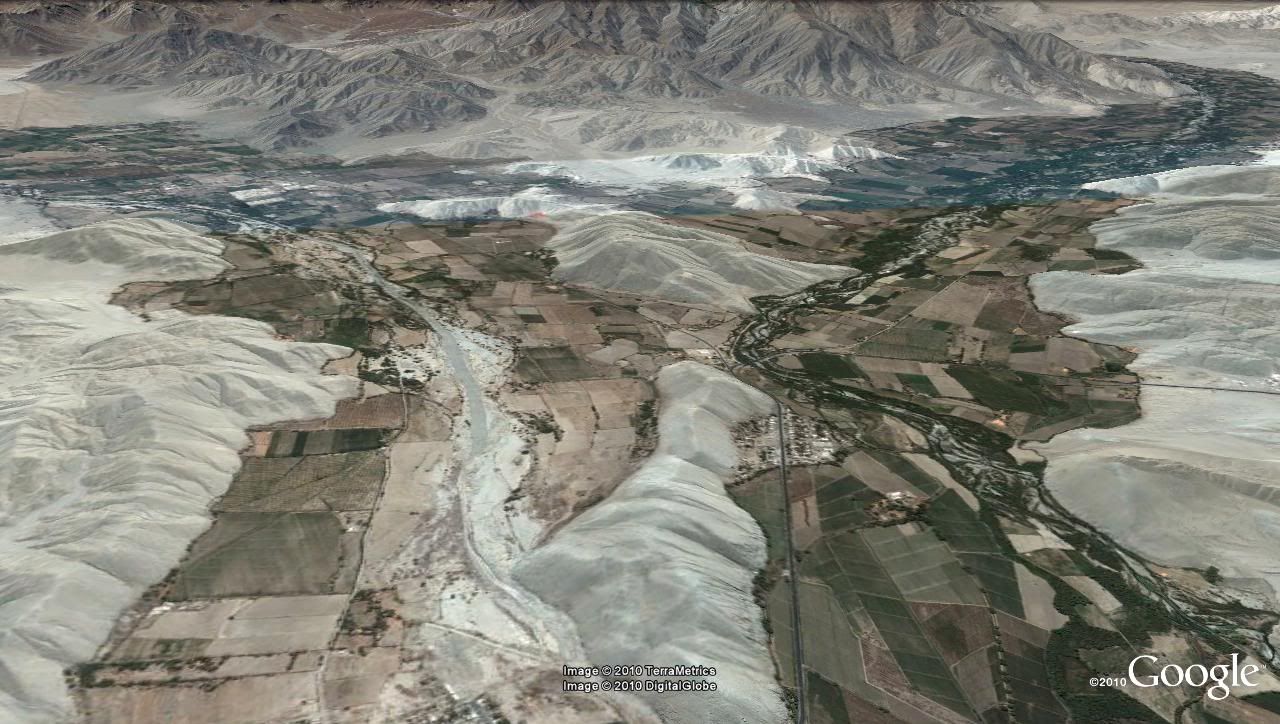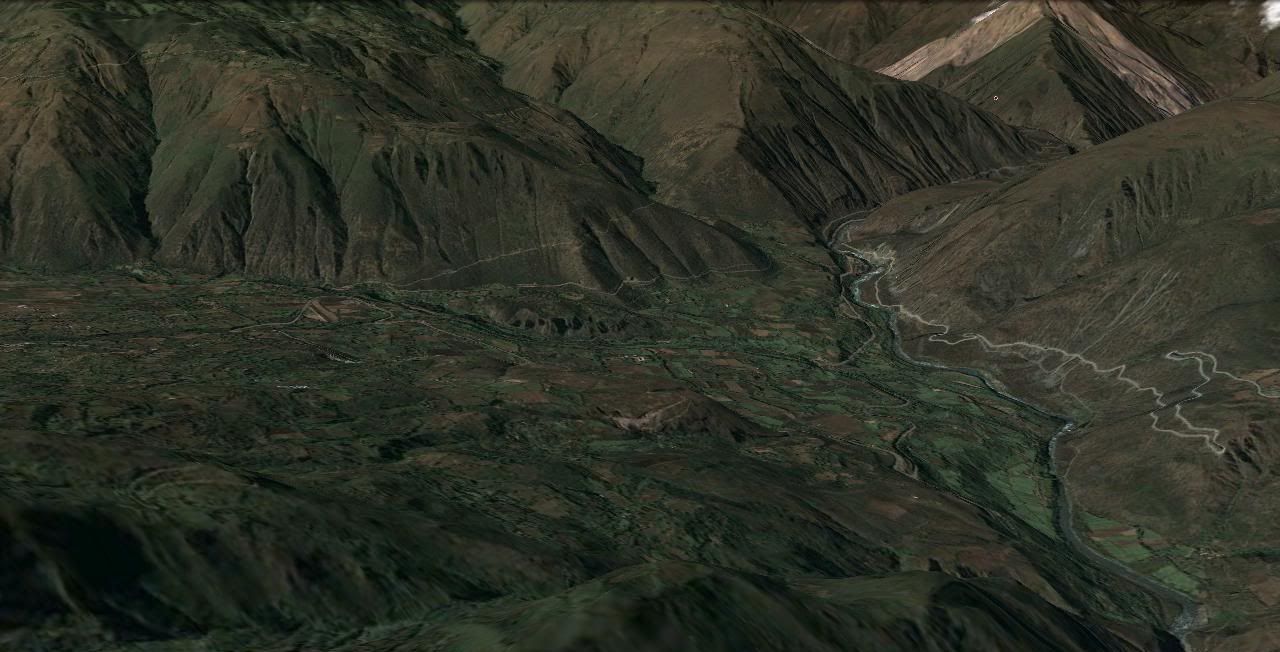Translated introduction from L'Histoire de Paris by Legendary Archaeologist Jacques Cousteau.
The old Parisii hunter stood on the bluff, listening to the crash of the ocean waves below. Across the water he could barely see the strange huts on the far island but he could not see the builders. Whoever had built the huts, they were not Parisii. They were Other! Parisii hunters were reporting other strange buildings to the north and to the east as well. There were at least 3 strange tribes invading the ancestoral hunting lands of the Parisii. The waves crashed faster and louder as if to match the quickening beat of the hunter's fear-struck heart.
The hunter's imagination tried to give shape to the fears invading his mind. The westerners probably smeared feces on their face! The northerners probably had hair like urine and the easterners were probably hairy hunchbacks with only one eyebrow! They were all disgusting creatures and they had no right being in his homeland! The wind began to pick up, whipping the waves below to an ever increasing frenzy, while his mind whipped up ever gruesome images of the invaders!
These disgusting others would come and rape his women and eat his children! The very thought made his blood boil and his mind scream in rage. Fear had become anger. Anger had become an all-consuming rage and rage had become determination. Like a cornered beast who can no longer flee, his survival depended upon an unhesitating merciless will to fight to the death. He would give no ground to these invaders!
So it was that the Parisii families, that had wandered since the beginning of time, banded together in one location to defend against the invading tribes that surrounded them. Legend says that the city of Paris, on the shores of the French Channel, was founded approximately 6000 years ago as the first village of the Parisii tribe.
The old Parisii hunter stood on the bluff, listening to the crash of the ocean waves below. Across the water he could barely see the strange huts on the far island but he could not see the builders. Whoever had built the huts, they were not Parisii. They were Other! Parisii hunters were reporting other strange buildings to the north and to the east as well. There were at least 3 strange tribes invading the ancestoral hunting lands of the Parisii. The waves crashed faster and louder as if to match the quickening beat of the hunter's fear-struck heart.
The hunter's imagination tried to give shape to the fears invading his mind. The westerners probably smeared feces on their face! The northerners probably had hair like urine and the easterners were probably hairy hunchbacks with only one eyebrow! They were all disgusting creatures and they had no right being in his homeland! The wind began to pick up, whipping the waves below to an ever increasing frenzy, while his mind whipped up ever gruesome images of the invaders!
These disgusting others would come and rape his women and eat his children! The very thought made his blood boil and his mind scream in rage. Fear had become anger. Anger had become an all-consuming rage and rage had become determination. Like a cornered beast who can no longer flee, his survival depended upon an unhesitating merciless will to fight to the death. He would give no ground to these invaders!
So it was that the Parisii families, that had wandered since the beginning of time, banded together in one location to defend against the invading tribes that surrounded them. Legend says that the city of Paris, on the shores of the French Channel, was founded approximately 6000 years ago as the first village of the Parisii tribe.










Comment